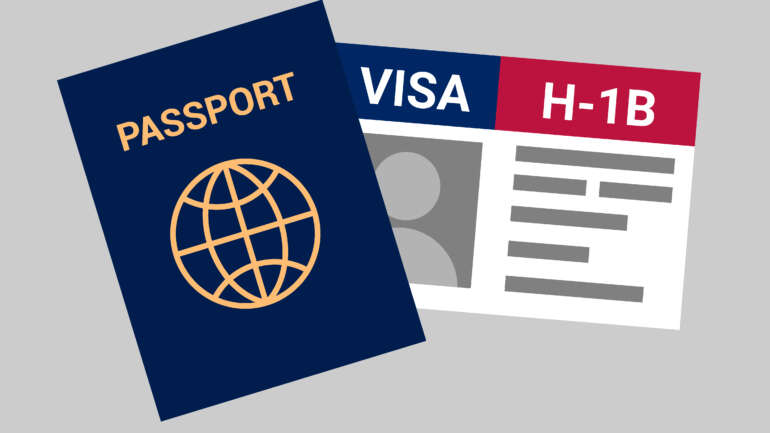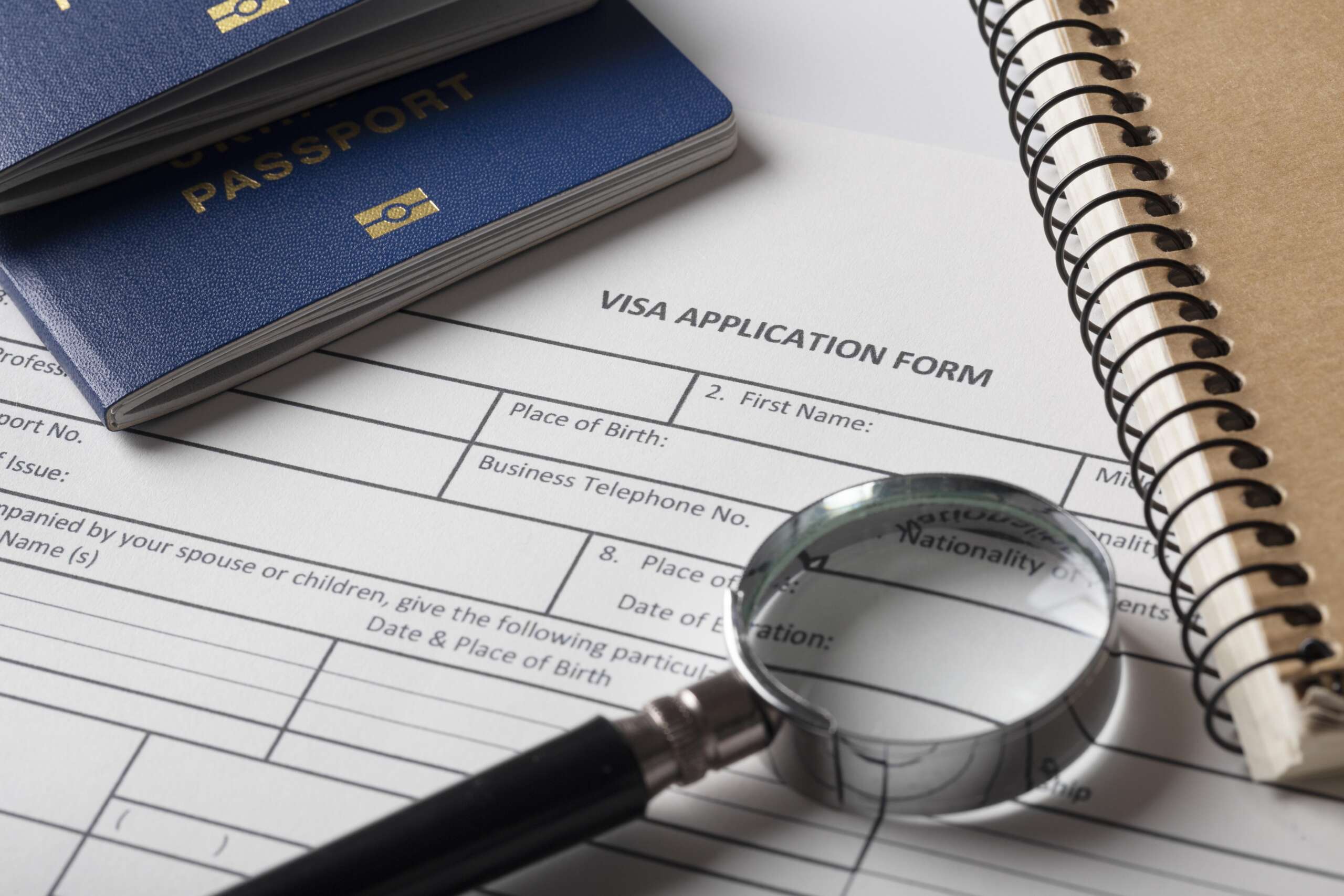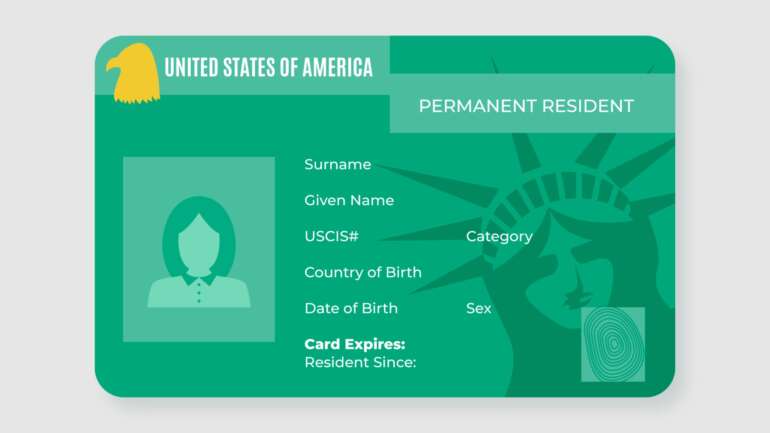In order to meet the H-1B numerical allocations for FY 2024, USCIS has randomly selected additional registrations from the pool of properly submitted registrations. Those selected have been notified and are allowed to file H-1B cap-subject petitions for the specified beneficiaries. Only selected registrations are eligible for filing, within a 90-day period, by paper submission along with the relevant registration…






